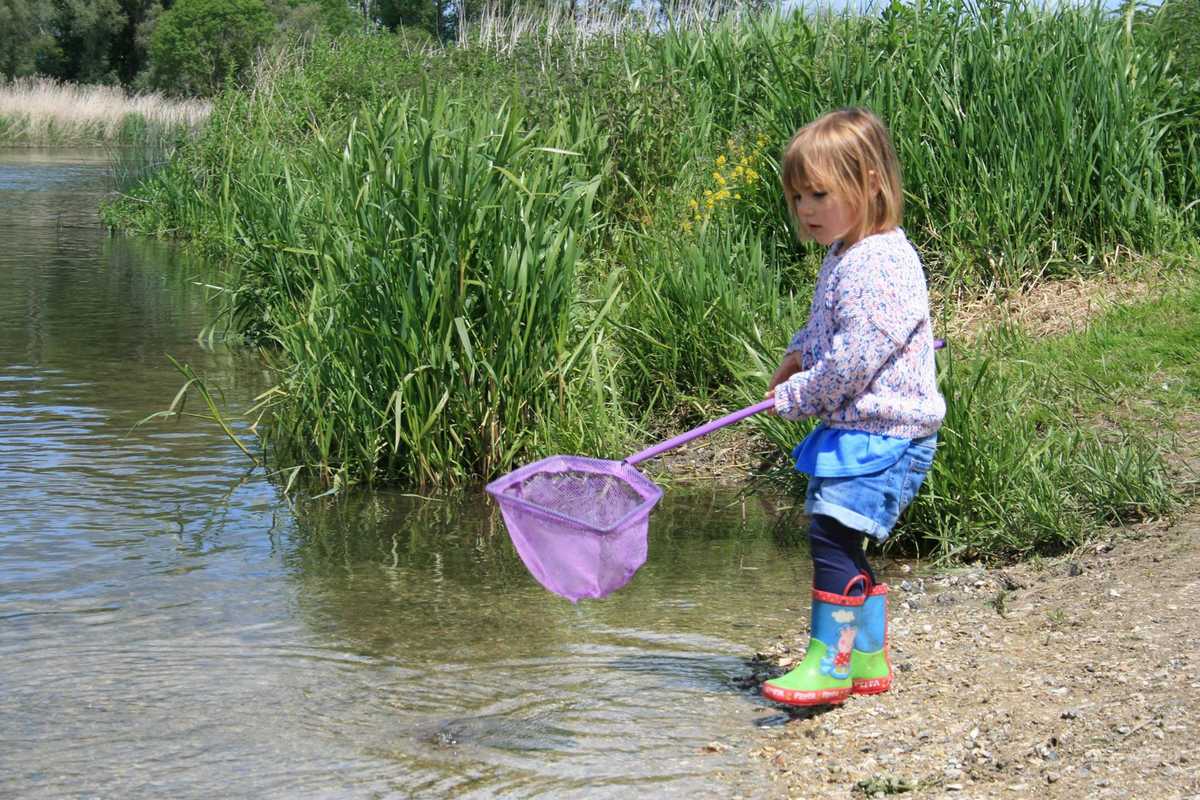Outdoor learning may become an increasingly vital tool for primary education with the constantly changing regulations and restrictions surrounding Covid-19. Where possible, this could allow students, particularly between the ages of 4-11, to continue their education with reduced disruption.
One main way of facilitating outdoor education is by registering educational institutions with the Forest School Association (FSA). This organisation advocates a “long term, child-centred inspirational learning process that focusses on hands-on experiences in a natural setting”. The ethos is relatively novel to the UK as it was only introduced from Scandinavia in 1993. The first Forest schools were founded in Denmark in the 1950s and the idea was quickly embraced by surrounding nations. In order to be classified as a forest school in the UK, institutions must abide by the core principals set out by the FSA. They deem that it is essential for forest schools to have a long-term commitment to regular outdoor sessions that expose students to the natural world and encourage holistic development.
The origin of Forest schools in Nordic countries can be linked to their long-standing culture that celebrates an innate need for their populations to interact with plants and animals. This is so honoured, that in Finland, Denmark, Norway and Sweden, an element of outdoor learning is mandatory for those in junior education. Scandinavian attitudes towards the natural-environment relationship can be summed up the Norwegian word “friluftsli” which translates to ‘open-air living’. This term is often used to express the importance for people to learn about the world in which they live by actively interacting with nature.
Over the past 70 years there has been an ever-growing body of data to prove the significant benefits that forest schools can offer to children and young people. A 2005 impact study conducted by the Forestry Commission in England and Wales, determined six key areas where forest schools can enhance learning. These include: improved confidence, increased social perspective, more sophisticated uses of vocabulary and syntax, more focussed concentration, faster development of physical stamina and motor skills and a greater respect for the environment.

Despite a focus on outdoor education within forests, there is a unique opportunity to utilise river catchments for open-air learning, particularly in the Wessex region. At first glance, rivers may appear to be a higher risk setting for young children due to their potential turbulent nature. However, a key principle of outdoor education is to teach and develop children’s awareness of possible hazards and how to mitigate them. Rivers are a significant part of our landscape and they can provide a range of educational opportunities from ecology and hydrology to conservation and climate change. Furthermore, considering that the Wessex chalk streams are globally unique, it is important that children are encouraged to learn more about these rare ecosystems that surround them. The benefits from rivers are not only educational. “Blue” spaces are proven to promote positive mental health, stress reduction and greater physical activity.
So as Covid-19 cases rise once again, outdoor education should be seen as a mitigating strategy to help primary schools stay resilient to potential further Coronavirus related restrictions, whilst also ensuring and enhancing the positive mental wellbeing and education of the pupils.

